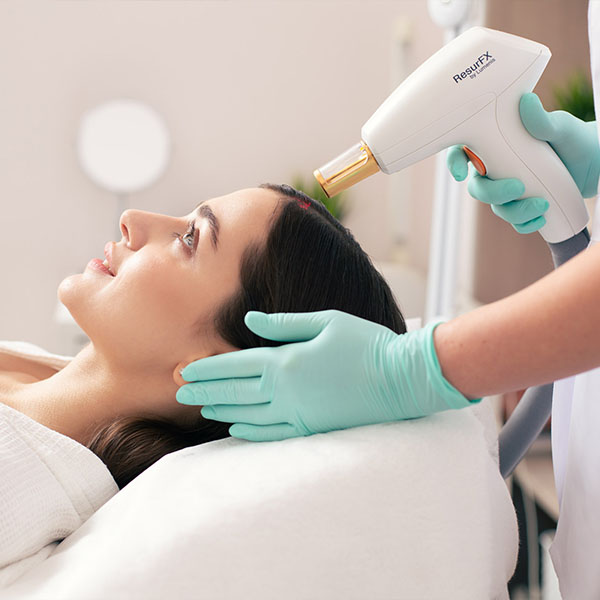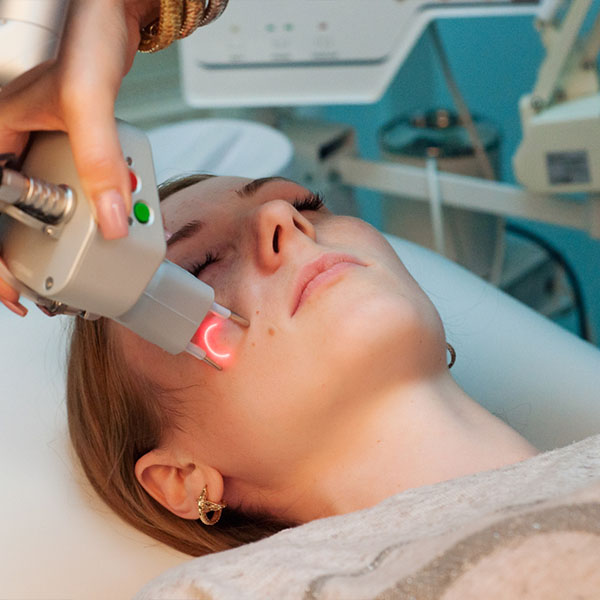Laser surgery is a method of performing surgical operations that involves removing or cauterizing small areas of tissue with minimal damage to surrounding tissues. Laser surgery is used to correct vision, eliminate blockage of arteries, remove certain types of pigmented formations on the skin, dentistry and remove tumors, especially gliomas of various etiologies. The spectral characteristics of lasers allow you to choose the desired type and power of  radiation for various diseases. For example, argon laser is used to treat retinal diseases (such as diabetic retinopathy), carbon dioxide laser is used to treat cervical intraepithelial neoplasia, and Nd:YAG laser-for removing the endometrial layer of the uterus.
radiation for various diseases. For example, argon laser is used to treat retinal diseases (such as diabetic retinopathy), carbon dioxide laser is used to treat cervical intraepithelial neoplasia, and Nd:YAG laser-for removing the endometrial layer of the uterus.
How exactly does the laser work ?
Due to its physical characteristics, laser radiation can be focused to a point where a large amount of energy is concentrated, sufficient to dissect or vaporize living tissue in a very short period of time (microseconds). As a rule, laser operations are performed "bloodless", the incision is made very carefully and accurately, and wounds after laser surgery remain sterile for a long time and heal quickly not by forming a scar, but by restoring the normal structure of the skin. The use of laser radiation in outpatient practice allows you to affect the affected areas as gently as possible, without affecting the surrounding healthy tissue and completely removing the pathology. There is no swelling in the area of the wound, which means that the postoperative period is painless. In addition, there is no risk of Contracting infections such as HIV or hepatitis because there is no contact with surgical instruments. And finally, you do not need to apply and, accordingly, remove the seams.
For what diseases can the laser be used in outpatient settings?
Laser technologies are very effective in the treatment of the following conditions and pathologies:
- Primary and recurrent malignant skin tumors of any localization;
- Some variants of malignant tumors of the red border of the lips, the oral mucosa;
- Papillomas, keratomas, "moles", condylomas, hemangiomas and other benign neoplasms of the skin and some areas of the mucous membrane;
- Ingrown nail;

- Plantar warts ("plantar callosity»);
- Erosion, leukoplakia, erythroplakia, ectopia, scarring of the cervix;
- Kraurosis and (or) leukoplakia of vulva and perineum.
To find out whether laser surgery can be used in Your case, call the clinic "DermaCenter" and make an appointment for a consultation with a qualified specialist.


